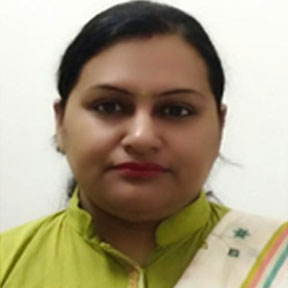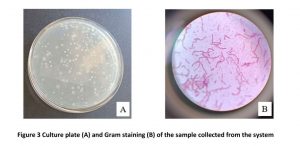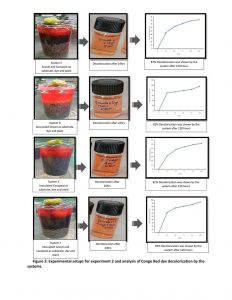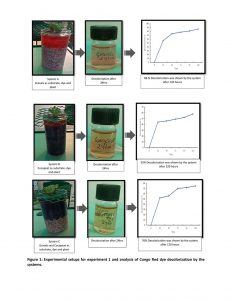Rapid industrialization and increasing demand have facilitated the use of synthetic dyes in the textile industry all over the world, which is enhancing the toxicity levels of water bodies through the direct discharge of dye effluent without adequate treatment. Dyes are also carcinogenic and mutagenic. Not only is there environmental pollution, but with the depletion of resources, there has been a tremendous decrease in energy. The majority of existing energy resource systems are unsustainable and energy-intensive. There is a need to develop such technologies that could not only treat wastewater in an economic way but also generate electrical energy simultaneously. As per the present Sustainable Development Goals, the adoption of more sustainable energy generation and wastewater treatment strategies is required for economic and environmental goals to be harmonious. CW-MFCs in combination are the new type of energy provider, along with the treatment of hazardous synthetic dye effluent in an eco-friendly and cost-effective manner.
A microbial fuel cell coupled with a wetland reactor will be designed and constructed for the degradation of synthetic dyes. Electrogenic bacteria and plants will be used to improve the degradation efficiency of dyes and increase bioelectricity generation.





